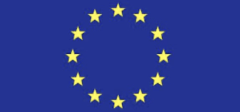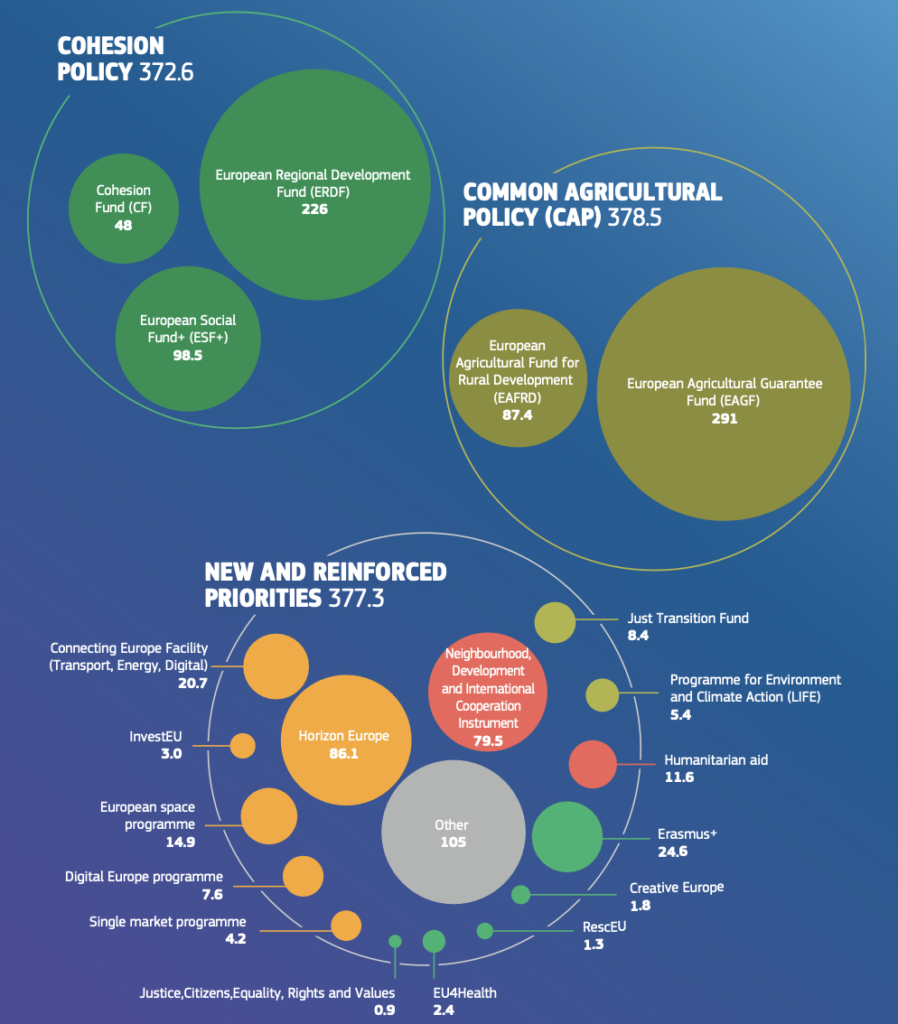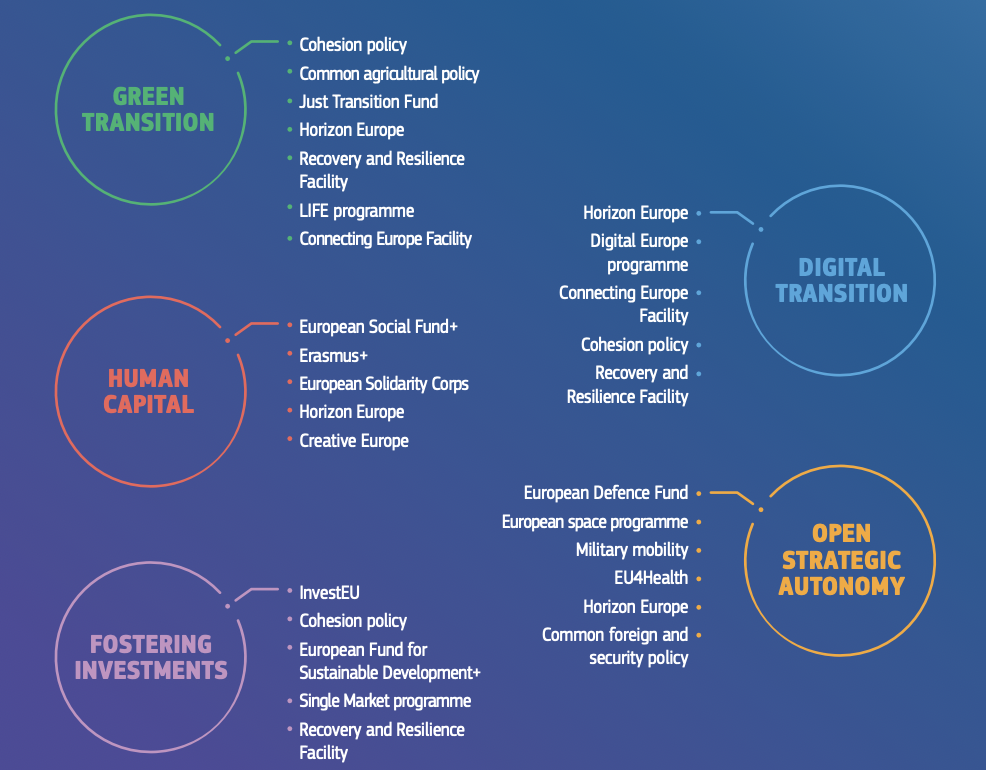European projects
a big chance

The greatest support for European innovation
Perhaps not everyone knows that the European Union is the largest agent of innovation on the continent: in the period 2021 – 2027 it will invest around 1,800 billion euros, intervening on issues such as the environment, digital, science and technology, the single market, social inclusion and more. A large part of these funds will be used to co-finance strategic projects through non-repayable contributions to be assigned following tenders aimed at the most diverse subjects, constituting one of the most important forms of financing for the European entities.
Programming period and priorities
The European Union periodically defines its strategic objectives and, to achieve them, allocates funds to finance projects instrumental for these scopes. The search for new initiatives in these areas takes place through invitations to submit proposals, funding opportunities that the commission offers to associations, public bodies, and companies in the countries of the Union. The calls define the results expected from the proposals, the geographical dimension (the minimum number of countries participating in the consortium linked to the proposal itself), the types of participants necessary for the formation of the consortium, the time horizon, and the type of financing (and eventual co-financing) required. The reply to the call is a project proposal capable of achieving the required objectives and aligned with the EC policies, satisfying the outlined framework, introducing new elements in the strategy adopted to address the problem, in the tools or methodologies proposed, such that it can be replicated in different states. It is a way to find innovative responses to the Union’s priorities, stimulate creativity and encourage collaborations between different actors from different countries in search of maximum efficiency/effectiveness.
The strategic objectives of the current programming period concern the competitiveness of the Union, the green transition towards a zero-emission economy, improving mobility in the Union, an inclusive and fair Europe closer to citizens: with the imagination required by the programs, there are many opportunities to answer a call by participating to the right Consortium.
This is the outline of direct and indirect financing programs:
(Source: European Commission: Directorate-General for Budget, The EU’s 2021-2027 long-term budget and NextGenerationEU – Facts and figures, Publications Office of the European Union, 2021, https://data.europa.eu/doi/10.2761/808559 )

The area of directly managed funds is the one identified as NEW AND REINFORCED PRIORITIES. The same source lists the main active programs:

Financing
European funding is provided using various methods; in the case of calls for proposals, the Commission grants non-repayable co-financing that covers from 50% to 90% of the project budget (and sometimes even 100%), adding to this amount a further 7% for general and management costs. Often the share paid by the proposer can be contributed with manpower or other contributions. Project proposals often must include a budget, i.e., a cost forecast which will become binding when the proponent (or the consortium) signs the execution contract (Grant Agreement) with the Commission. For some smaller projects, there are also fixed contribution calls with a simplified procedure. The requested budget, which will be authorized with the contract, is the maximum amount that the European Commission will recognize for the project. The disbursements generally take place in two or more phases, with an advance upon signature of the Grant Agreement – usually 60% of the budget – and then the remainder as work progresses; in any case the remaining allotted amount will be paid within four months after the end of the project.
In smaller projects, often designed for less experienced and structured actors, also aimed at single entities, many times no particular technical-economic capacity is required, but for larger projects the Commission requires the establishment of an international consortium, also indicating requirements and capabilities for the consortium participants. In these cases, the Lead Proponent, the consortium coordinator, plays a fundamental role: he is the only interlocutor of the Commission, acting as an intermediary towards all the other participants, and takes care of the formal and substantial obligations towards the Commission. The coordinator will be asked to demonstrate its economic capacity, guaranteeing through sureties, and knowledge and experience of the Union’s processes through an adequate CV. The choice of the consortium coordinator is very important because a strong and appreciated coordinator will be able to pave the way even for less experienced participants.
Xcamp s.r.l.s.
P.I. IT06850720829
